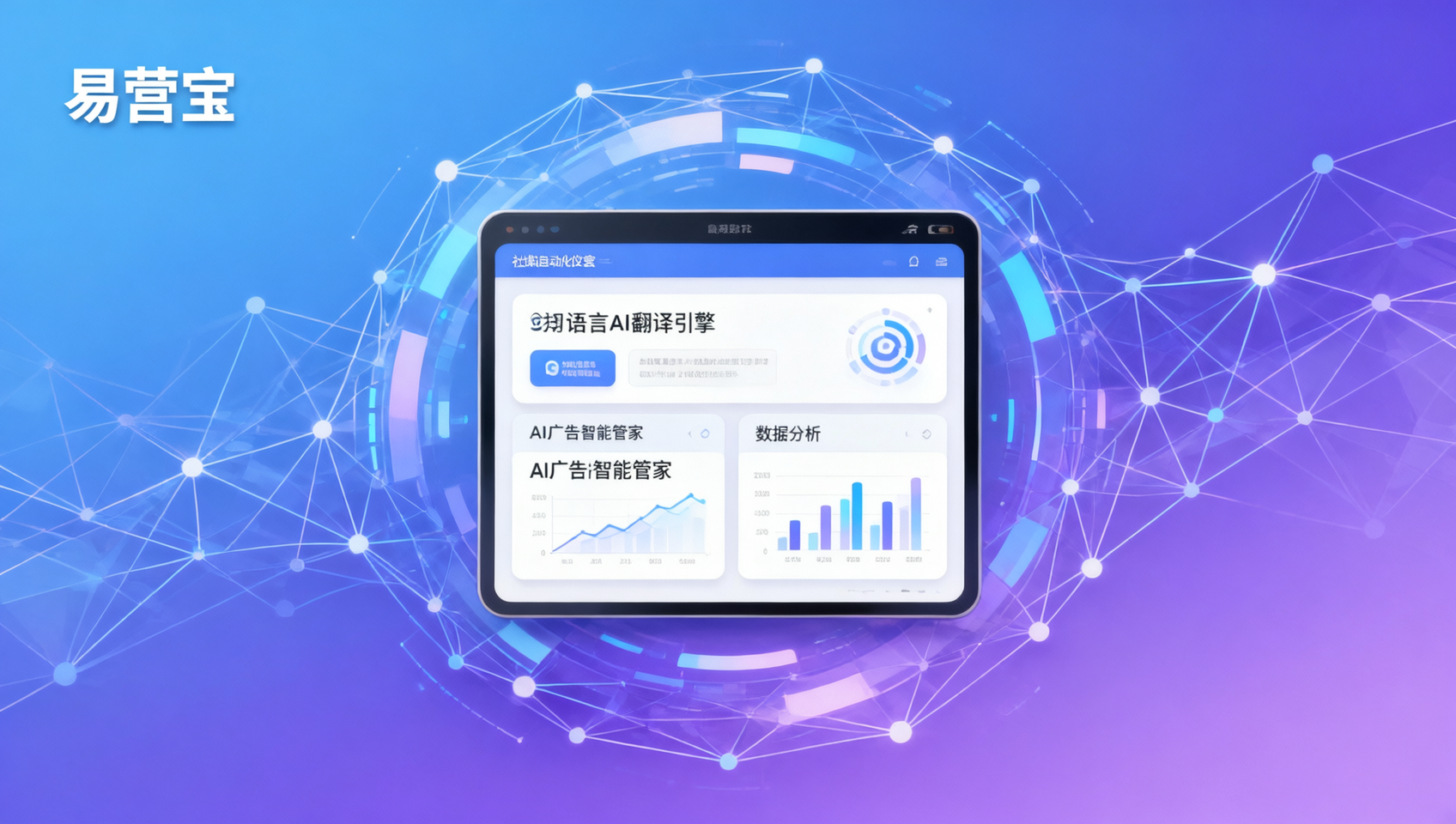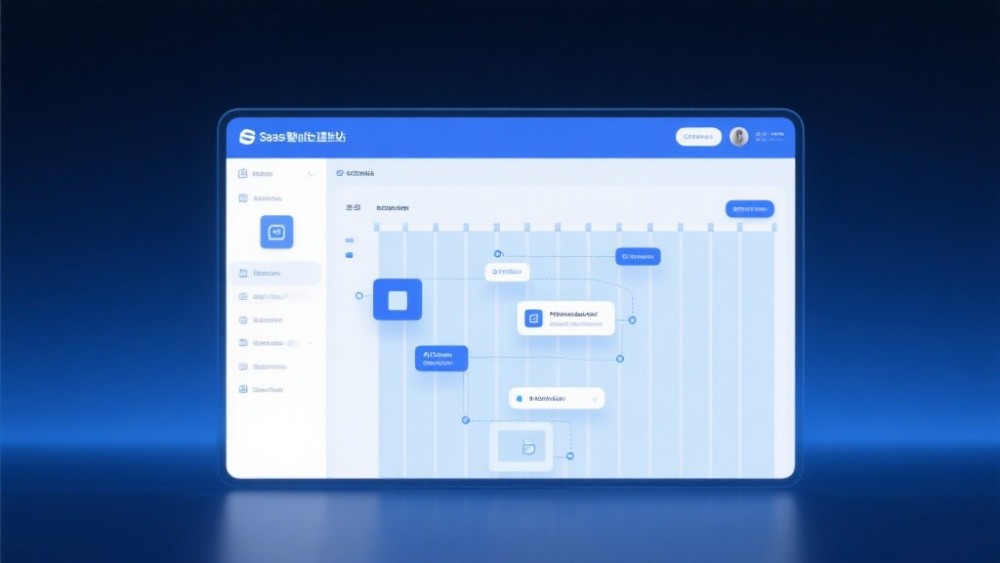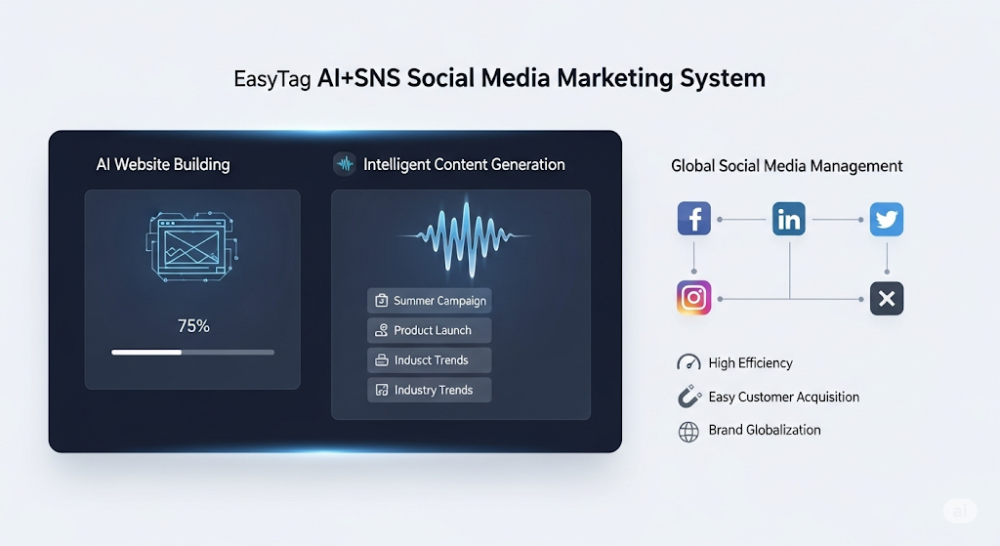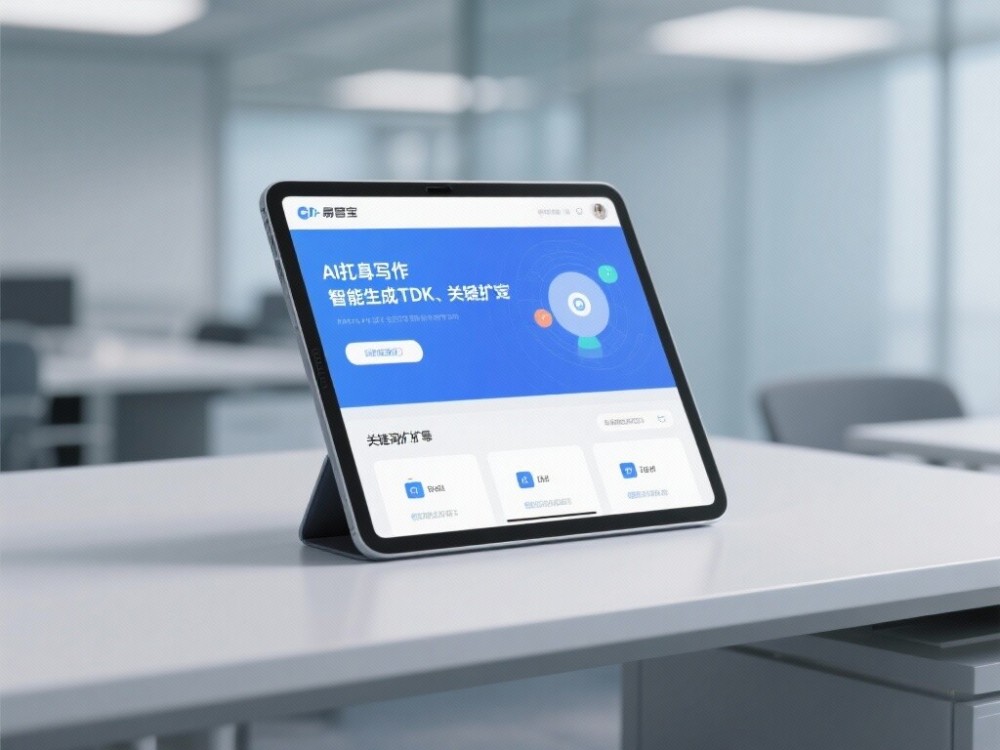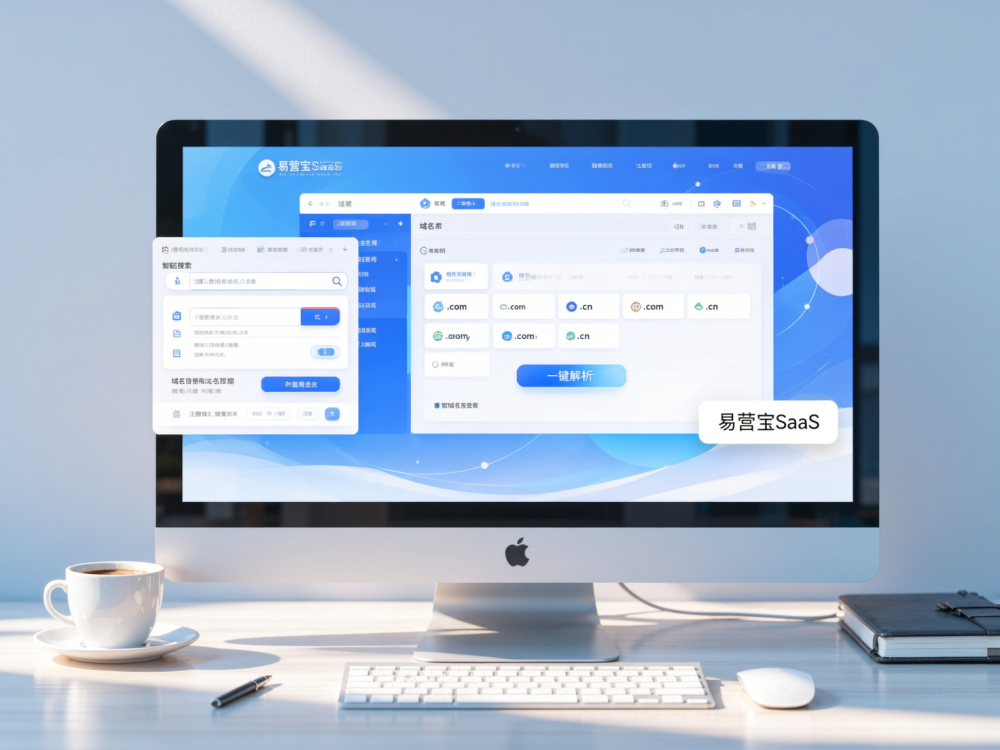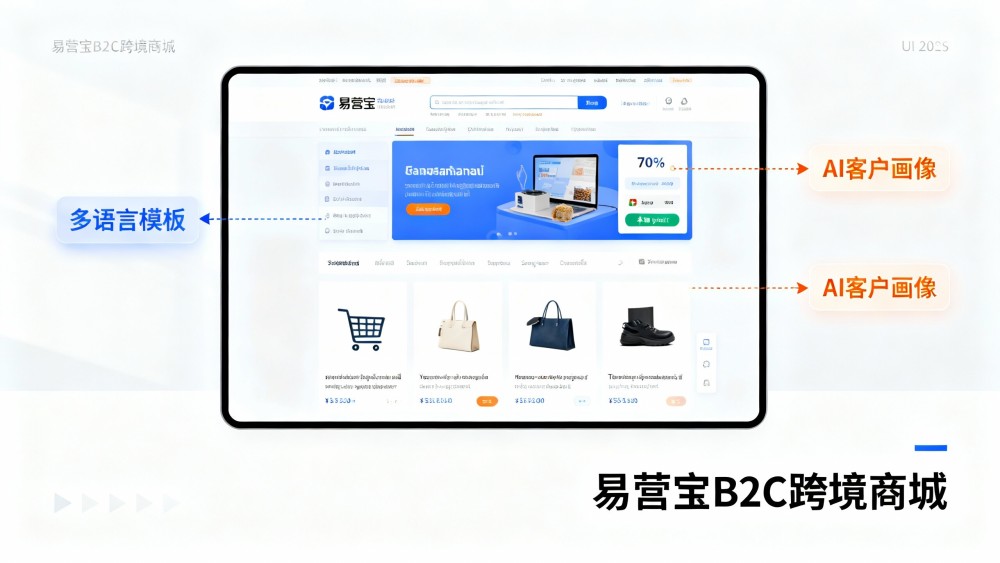- Can Eyingbao's social media automation operations replace overseas local teams? A 6-month efficiency comparison from 3 manufacturing industry clients2026-02-10View details
- How to implement Eyingbao's ad conversion rate improvement solution? Key configurations for B2B clients to reduce CPL by 37%2026-02-11View details
- How good is EasyCampaign's multilingual marketing system? Real-world test for export companies: template adaptation rate, AI copy accuracy, and customer service response time2026-02-11View details
- Website System Alliance Service Comparison: HTTPS Pre-installation Rate, SSL Wildcard Support, CDN Acceleration Compatibility - 2024 B2B Procurement Decision List2026-02-10View details
- How to choose a digital marketing strategy agency? Comparing 5 agencies in 2024 mainstream service providers: AI+SNS marketing response speed, localization adaptation, and post-sales SLA actual measurement2026-02-11View details
- How to Choose a SaaS Agent? 2024 AI+SEM Advertising System + Website Capability Dual-Verification List2026-02-11View details
How to Choose a Multilingual Website Hosting Company? 5 Decision Indicators and Real Case Comparisons
Looking for a multilingual website service provider? This article compares five key decision-making indicators with real-world cases to help you quickly evaluate vendors and optimization paths.
In the context of B2B scenarios for general internet services, procurement managers, product managers, or operations personnel prioritize technical stability, SEO performance, localization capabilities, compliant operations, and cost controllability when selecting multilingual website development and maintenance services. This article targets researchers and users/operators, focusing on "multilingual website service providers" and regional demands, proposing five measurable decision-making indicators. It also contrasts real needs from cities like Jieyang, Maoming, Qingyuan, Yunfu, Heyuan, Shantou, and Chaozhou to help you swiftly identify the right partners from a sea of providers.
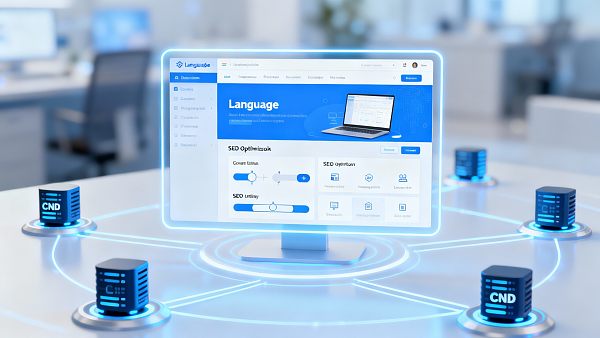
Decision Indicator 1: Technical & Performance Capabilities — Core Metrics and Acceptance Criteria
Technical capability is the primary threshold when selecting a multilingual website service provider. A qualified vendor should offer global CDN acceleration, automated SSL certificates, DDoS protection, and multi-data center deployment strategies—especially for cross-border businesses. Server distribution directly impacts first-screen loading and SEO ratings. Evaluation points include First Contentful Paint (FCP), Time to First Byte (TTFB), lazy loading for images/media, and mobile responsiveness. Practical advice: Define performance baselines (e.g., mobile first-screen loading ≤2.5s, SEO score improvement ≥20%) in contracts or SLAs, with breach remediation mechanisms.
For regional projects like Maoming multilingual website development or Shantou multilingual website setup, localized server nodes and backup support are critical. Technical assessments should also cover automation tools: one-click rollback, gray releases, centralized logging, and automated alerts. For high-concurrency e-commerce or media distribution, negotiate elastic traffic solutions and emergency support tiers with providers.
Decision Indicator 2: Multilingual & Localization Capabilities — Beyond Translation, It’s Business Adaptation

A multilingual website’s localization capability determines conversion rates. Qualified providers must combine machine + human hybrid translation workflows with cultural semantic optimization. A mature process includes terminology management, UI text adaptation, region-specific legal compliance (e.g., privacy policies, tax notices), and local payment/logistics integration. Pure machine translation risks semantic偏差, undermining user trust—especially in markets like Southeast Asia, Russian-speaking regions, or the EU.
When comparing providers like Jieyang multilingual developers or Qingyuan multilingual designers, examine language-switching logic, URL structures (subdomains/subdirectories/ccTLDs), and HTML lang/hreflang tags. Top providers pre-build SEO-friendly URLs, auto-generate TDK, and semantic templates to lay groundwork for multilingual SEO.
Decision Indicator 3: Content & SEO Framework — The Engine for Long-Term Traffic
Multilingual SEO goes beyond keyword translation—it’s semantic coverage and search behavior alignment. Evaluate keyword research methods (long-tail variants), site architecture (breadcrumbs, sitemaps, Schema markup), and data-driven content workflows. Leading providers offer AI-powered keyword expansion, TDK automation, and rule-based optimizations for regional engines (Yandex, Naver, Baidu).
For example, when assessing Shantou multilingual builds or Chaozhou providers, monitor keyword rankings, organic traffic, and conversion paths. Standard SEO reports should include technical audits, content reviews, and backlink quality. E-commerce/promotion-heavy scenarios require traffic guarantees + burst packages to handle peaks and avoid conversion drops from bandwidth溢出.
Decision Indicator 4: Operations, Compliance & Emergency Response — Stable Delivery and Cross-Border合规

For enterprise clients, operational合规 directly impacts business continuity and brand risk. When evaluating providers like Yunfu cloud services or Heyuan developers, confirm automated backups, 24/7 engineering, and SLA commitments (e.g., 99.9% uptime, traffic anomaly alerts). Cross-border operations require data sovereignty explanations—providers should detail cloud supply chains and data handling for target markets.
For traffic-spiking businesses, adopt productized traffic protection to reduce costs. For example, prepaid website traffic packages lock rates during promotions, prioritizing package deductions and supporting API automation—cutting peak costs by 40% with real-time alerts.
Decision Indicator 5: Delivery Capability & Case Studies — Jieyang/Maoming/Qingyuan Real-World Benchmarks
Final decisions hinge on delivery track records. Compare Jieyang developers, Maoming producers, and Qingyuan designers across project cycles, documentation, acceptance criteria, and training: technical specs, SEO starter packs, UAT localization, and post-launch content training. Top providers share metrics (load speed gains, SEO score lifts, ad conversions) and client proofs as performance背书.
Examples: A Chaozhou-Shantou project doubled overseas traffic via URL/hreflang tweaks; a Maoming e-commerce vendor reduced mobile bounce rates by 30% via CDN/image optimizations. Such comparisons help align choices with scenarios (media distribution, e-commerce peaks, or global operations).
Summary & Action Guide
Choosing a multilingual provider isn’t about price—weigh "technical prowess + localization depth + SEO framework + operational合规 + delivery capability." EasyPromo Tech (Beijing) leverages AI-driven all-in-one platforms, global CDNs, and data-powered optimizations to offer closed-loop services—from builds to conversions—with proven multilingual deployment and跨境合规 expertise. For traffic-peak or global content分发, prepaid traffic packages via API can slash costs while boosting stability.
Contact us now for free technical assessments and localized solutions tailored to Jieyang, Maoming, Qingyuan, Yunfu, Heyuan, Shantou, or Chaozhou. Explore more and book demos/quotes.
- Campbell (name)
- SSL Certificate
- Multilingual SEO
- Multi-language website
- SEO optimization
- Website Design
- Website traffic
- SEO Optimization Services
- Multilingual SEO Optimization
- SEO
- Multilingual SEO Optimization Services
- Global CDN Acceleration
- Multilingual Website Chaozhou Company
- Shanwei Multilingual Website Construction
- Shaoguan Multilingual Website Company
- Qingyuan Multilingual Website Design
- Famous Multilingual Website Production
- Multilingual Website Cloud Hosting Provider
- Multilingual Website Development
- River Source Multilingual Website Construction
Related Articles
![Can Eyingbao's social media automation operations replace overseas local teams? A 6-month efficiency comparison from 3 manufacturing industry clients Can Eyingbao's social media automation operations replace overseas local teams? A 6-month efficiency comparison from 3 manufacturing industry clients]() Can Eyingbao's social media automation operations replace overseas local teams? A 6-month efficiency comparison from 3 manufacturing industry clients
Can Eyingbao's social media automation operations replace overseas local teams? A 6-month efficiency comparison from 3 manufacturing industry clients![How to implement Eyingbao's ad conversion rate improvement solution? Key configurations for B2B clients to reduce CPL by 37% How to implement Eyingbao's ad conversion rate improvement solution? Key configurations for B2B clients to reduce CPL by 37%]() How to implement Eyingbao's ad conversion rate improvement solution? Key configurations for B2B clients to reduce CPL by 37%
How to implement Eyingbao's ad conversion rate improvement solution? Key configurations for B2B clients to reduce CPL by 37%![How good is EasyCampaign's multilingual marketing system? Real-world test for export companies: template adaptation rate, AI copy accuracy, and customer service response time How good is EasyCampaign's multilingual marketing system? Real-world test for export companies: template adaptation rate, AI copy accuracy, and customer service response time]() How good is EasyCampaign's multilingual marketing system? Real-world test for export companies: template adaptation rate, AI copy accuracy, and customer service response time
How good is EasyCampaign's multilingual marketing system? Real-world test for export companies: template adaptation rate, AI copy accuracy, and customer service response time
Related Products



